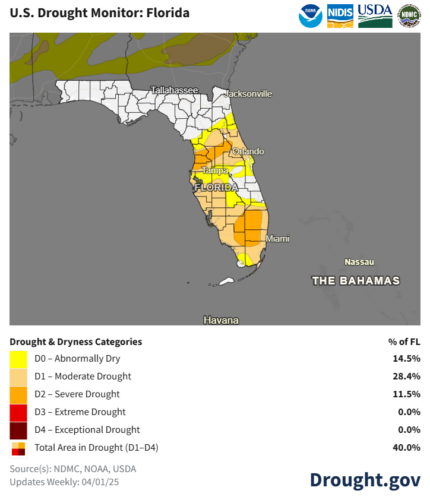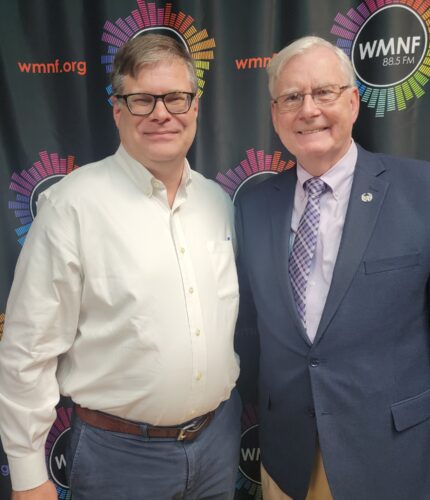
Episode Summary:
This episode of The Healthy Steps Radio Show continues Dr. Harvey’s deep dive into cardiovascular disease during Heart Month, following Valentine’s Day weekend. Dr. Harvey breaks down the limitations of mainstream heart care, explains why toxins and inflammation are often the real culprits behind high cholesterol, and pushes for a more individualized, root-cause approach to treatment. He covers updated recommendations from the American College of Cardiology, including the use of GLP-1 receptor agonists (like Ozempic and Wegovy), and the shortcomings of ignoring dietary interventions, omega-3 testing, and inflammation markers. Callers ask about everything from organic shopping strategies and Alzheimer’s misdiagnoses, to osteoporosis, full knee replacements, and functional medicine for cognitive decline. As always, it’s filled with empowering, evidence-based advice you won’t hear in a typical 10-minute office visit.
Caller Info:
Going Organic, (00:13:54), Gary calls in to ask whether everything in stores like Whole Foods and Sprouts is truly organic. Dr. Harvey explains how to check product labels and shares the trick of looking for five-digit PLUs starting with 9 for organic produce. He also recommends the Environmental Working Group’s Dirty Dozen/Clean Fifteen guide.
Alzheimer’s Diagnosis Doubts, (00:17:16), Jennifer calls about her father’s Alzheimer’s diagnosis after only a basic cognitive test and MRI. Dr. Harvey recommends the book The End of Alzheimer’s by Dr. Dale Bredesen and encourages getting a second opinion from a functional medicine doctor, plus testing like a NeuroQuant MRI, APOE gene testing, and inflammation markers. He also shares cutting-edge research showing GLP-1 drugs reversing cognitive decline.
Osteoporosis & Vitamin D Deficiency, (00:23:27), Ramiel calls about a new osteoporosis diagnosis and hesitations over starting Fosamax. Dr. Harvey explains that with a Vitamin D level of 21, the caller actually has rickets and needs to address that deficiency first. He recommends a daily 5,000 IU Vitamin D dose (under doctor supervision) and tests like NTX and P1NP to better assess bone metabolism.
Post-Surgery Knee Pain, (00:28:12), Carrie calls four months after full knee replacement, frustrated by her slow recovery. Dr. Harvey suspects muscle inactivation and suggests seeking a Muscle Activation Techniques (MAT) practitioner. He also discusses increasing omega-3 intake to reduce inflammation.
Best Cooking Oils & BPA, (00:33:18), Carol asks what oils are best for heart health. Dr. Harvey recommends olive oil, avocado, coconut, and butter. He advises choosing BPA-free canned foods and shares thoughts on the limited impact of sun exposure on vitamin D levels.
Neuropathy Relief, (00:34:40), Carol also shares her friend’s neuropathy struggle. Dr. Harvey outlines possible root causes and recommends specific nutrients: activated B vitamins (like methylfolate, B12, benfotiamine), alpha-lipoic acid (1,200–1,800 mg), and functional medicine for toxin evaluation.
Fatty Liver Frustration, (00:36:59), Christina calls about a worsening non-alcoholic fatty liver disease (NAFLD) diagnosis despite healthy eating. Dr. Harvey explains that sleep apnea—not diet—is a primary driver of NAFLD and recommends a sleep study before pursuing expensive liver scans. He also shares that most people don’t get enough vitamin D from sun exposure alone.
Canned Food & Pneumonia Shot, (00:42:48), Susan calls with three questions: Is canned food okay? (Yes, especially BPA-free beans and salmon); Should her boyfriend get a pneumonia vaccine before his upcoming ablation? (Yes, Prevnar 23 is a good option); and Is interval training safe for seniors with heart valve issues? (Only with cardiologist guidance and a stress test).
Insomnia Help, (00:46:42), Nina calls about difficulty falling asleep despite using a CPAP. Dr. Harvey suggests minimizing blue light, trying melatonin, glycine, and natural progesterone (especially helpful for postmenopausal women).
Protein Overload?, (00:50:58), Tracy asks about her elevated protein/creatinine ratio. Dr. Harvey cautions against high-protein diets and says excess protein can raise blood sugar and increase diabetes risk.
Leave a Reply










